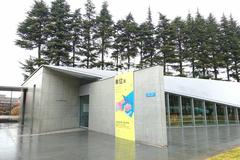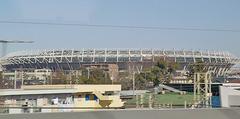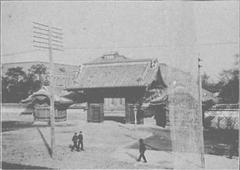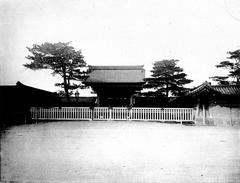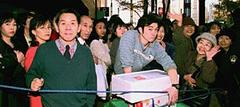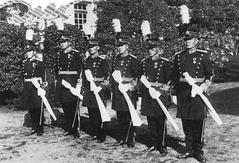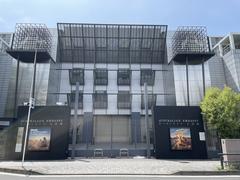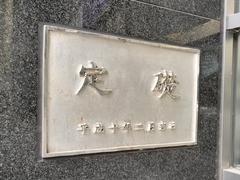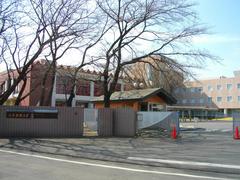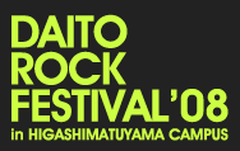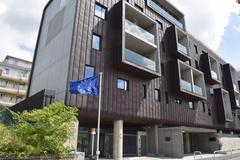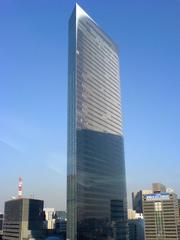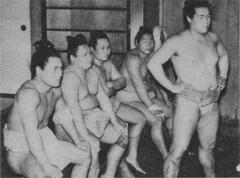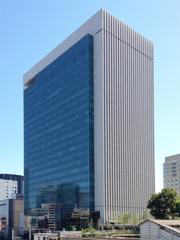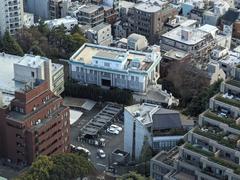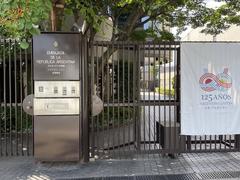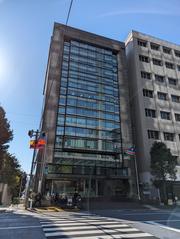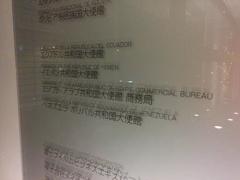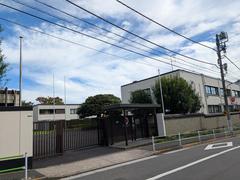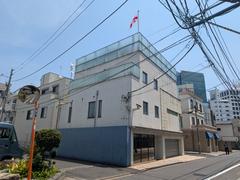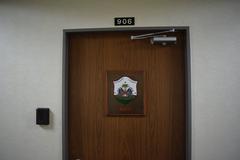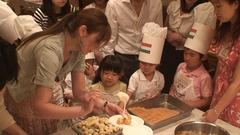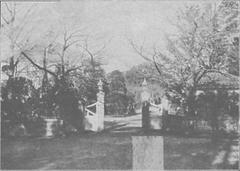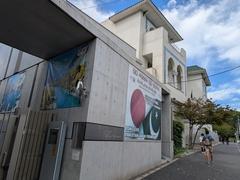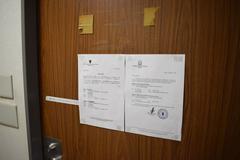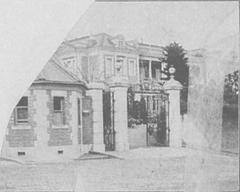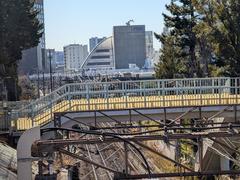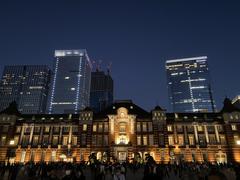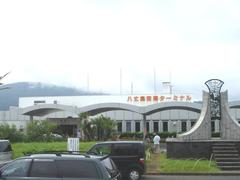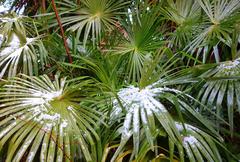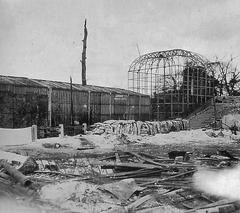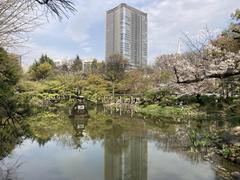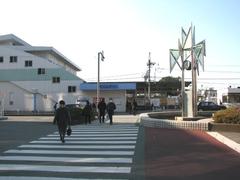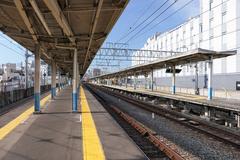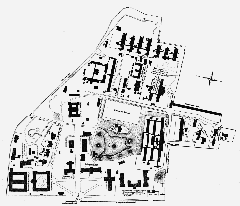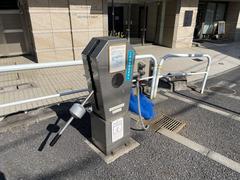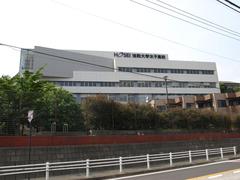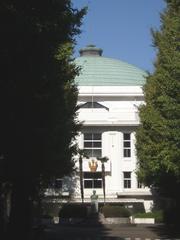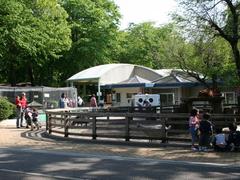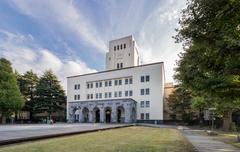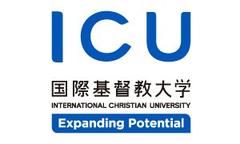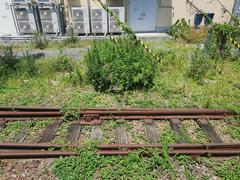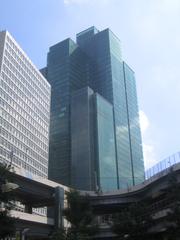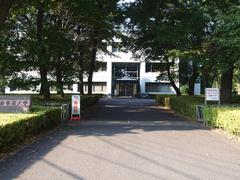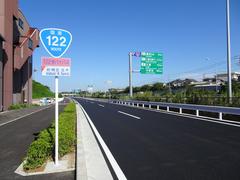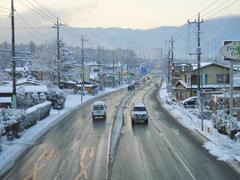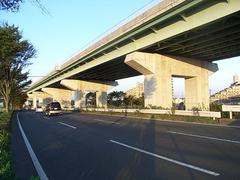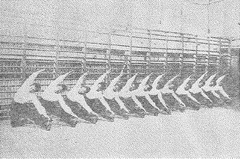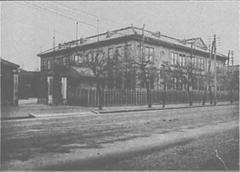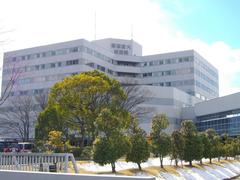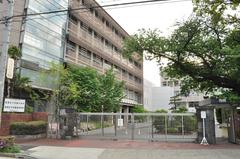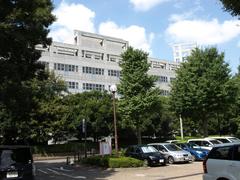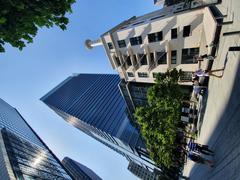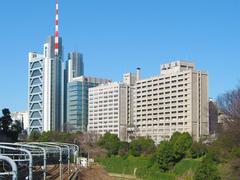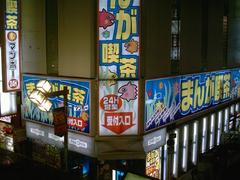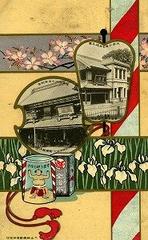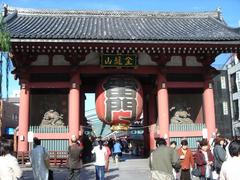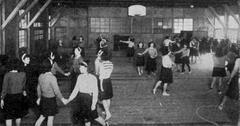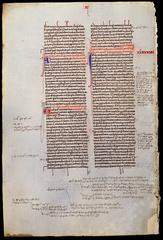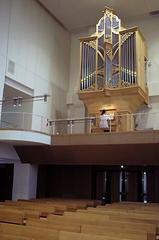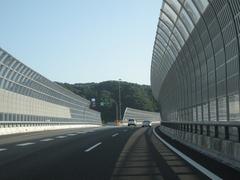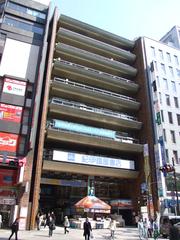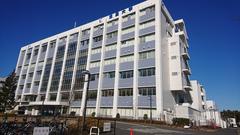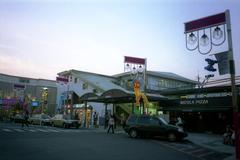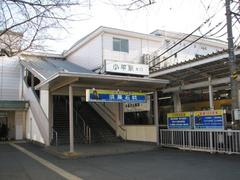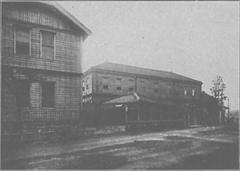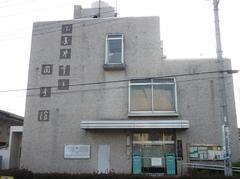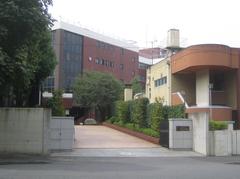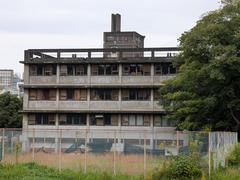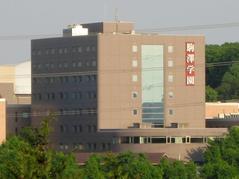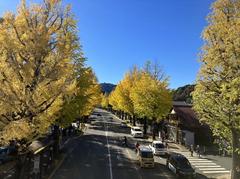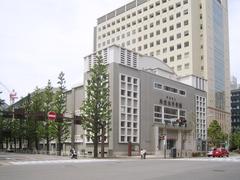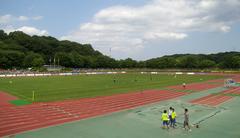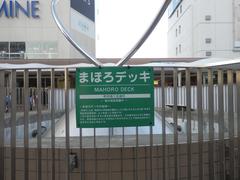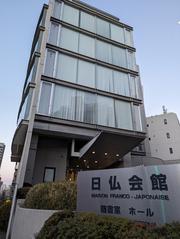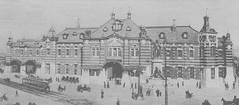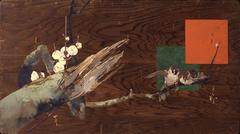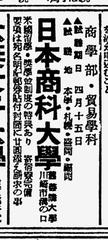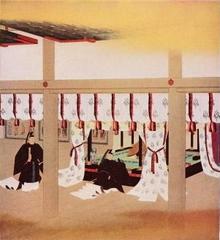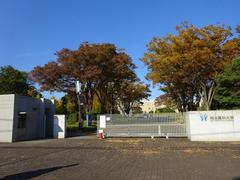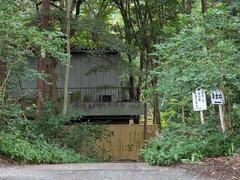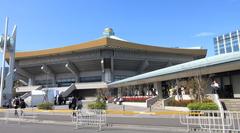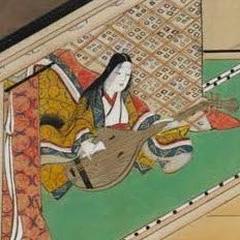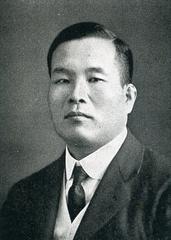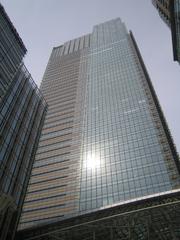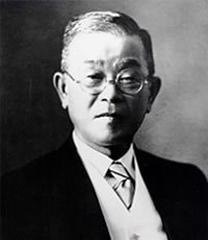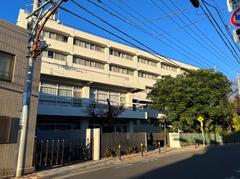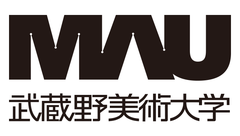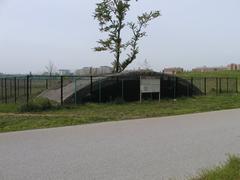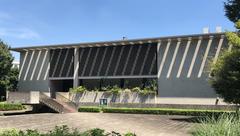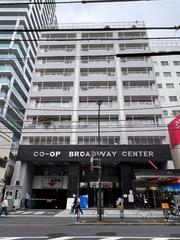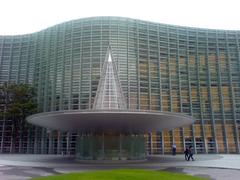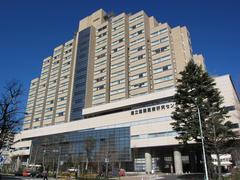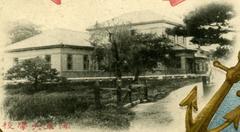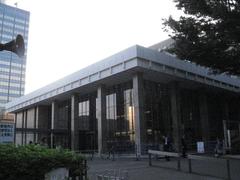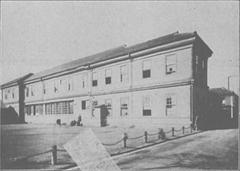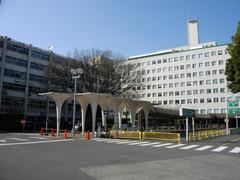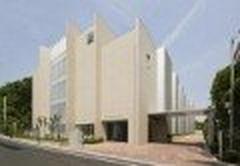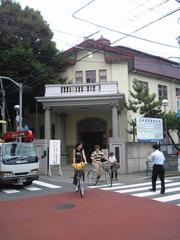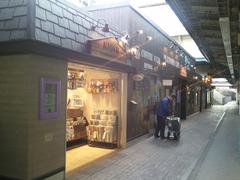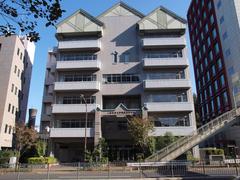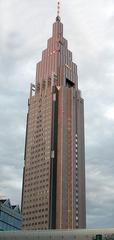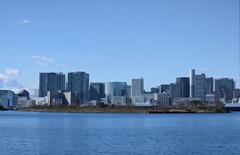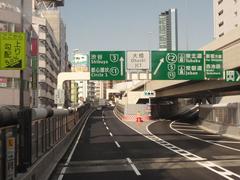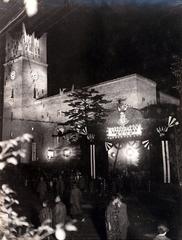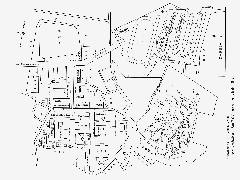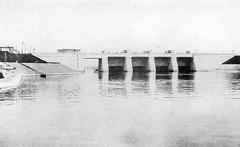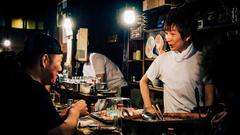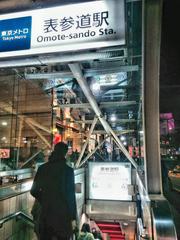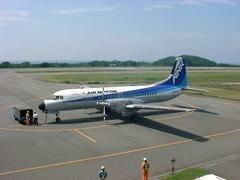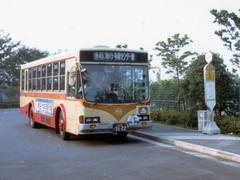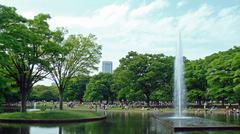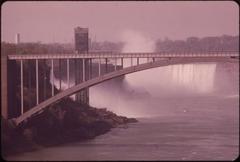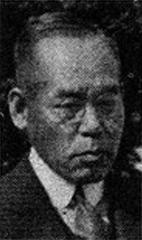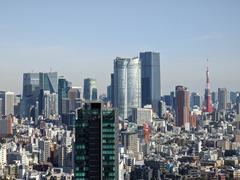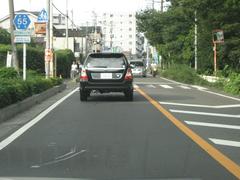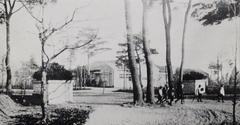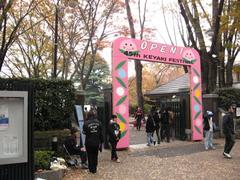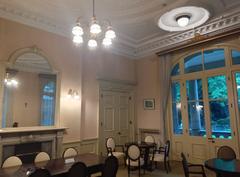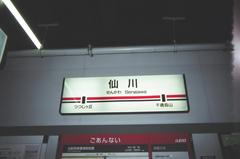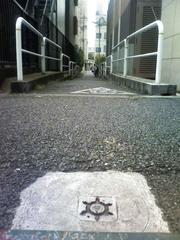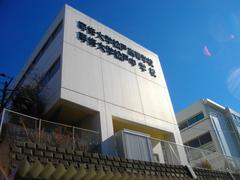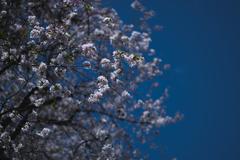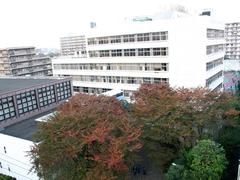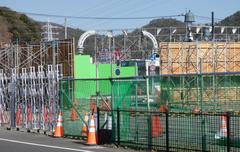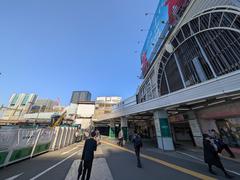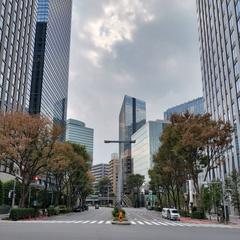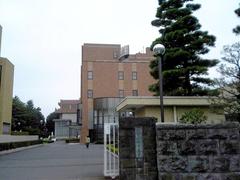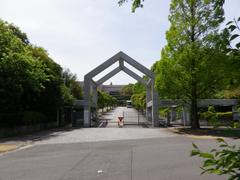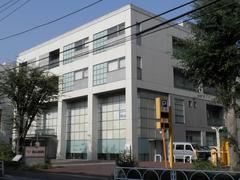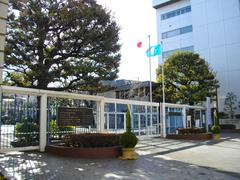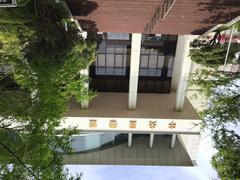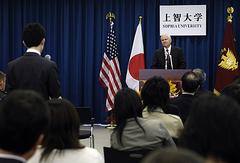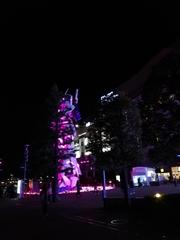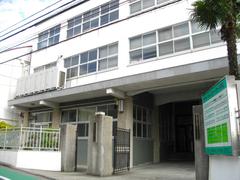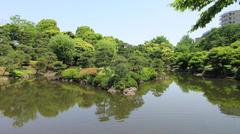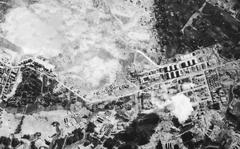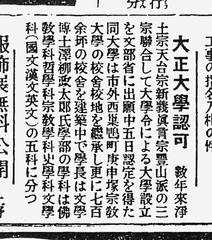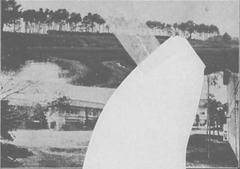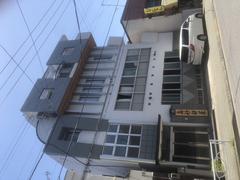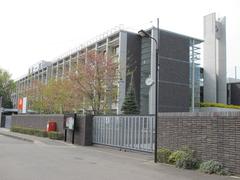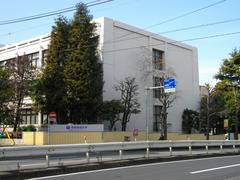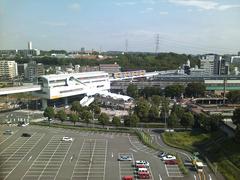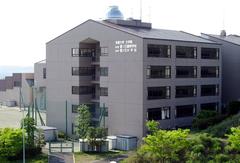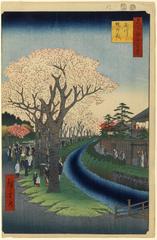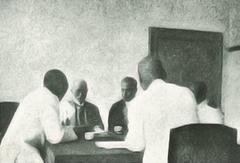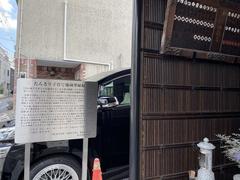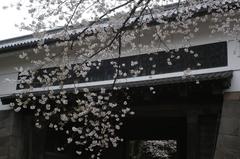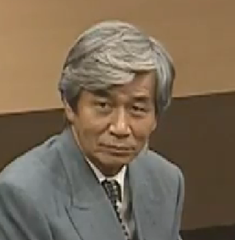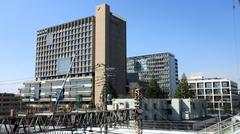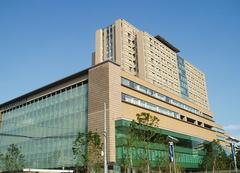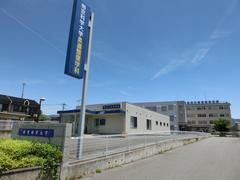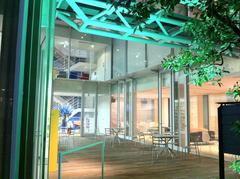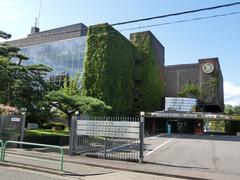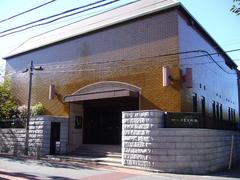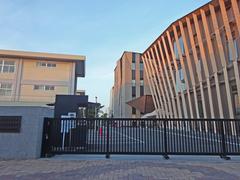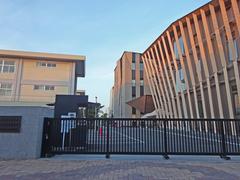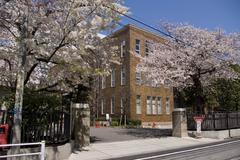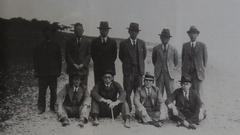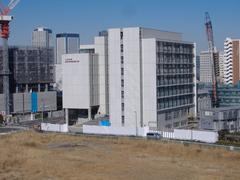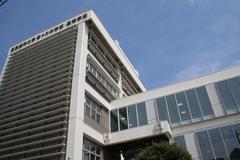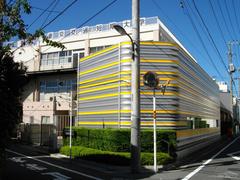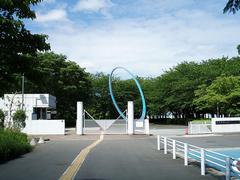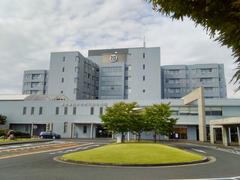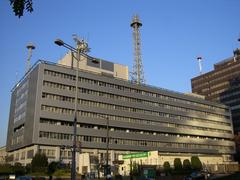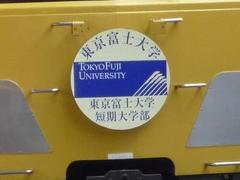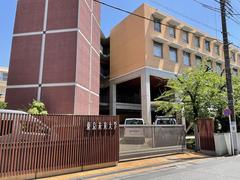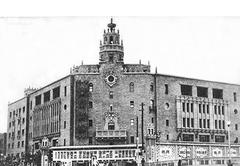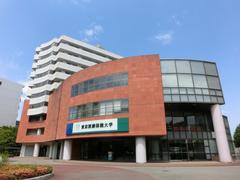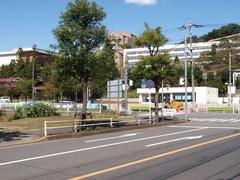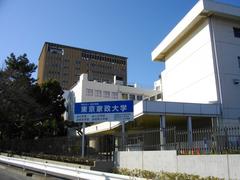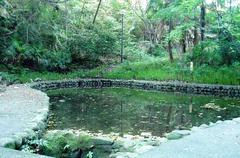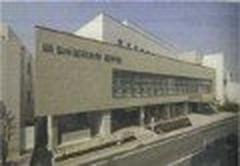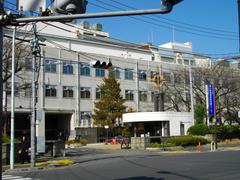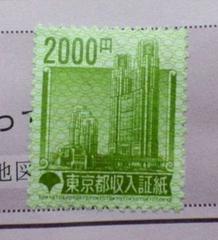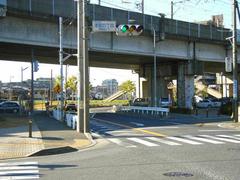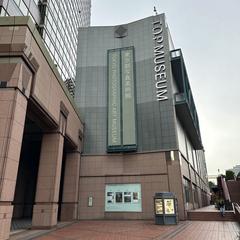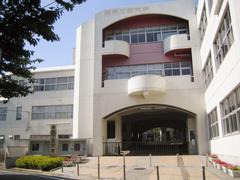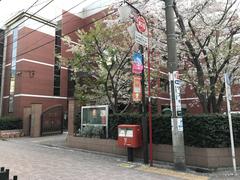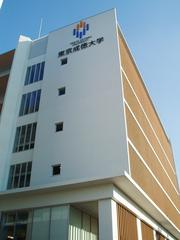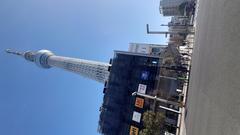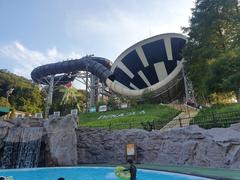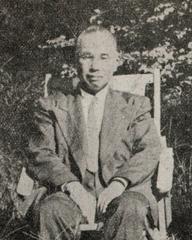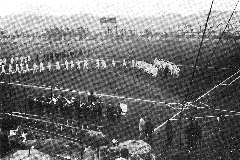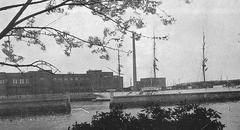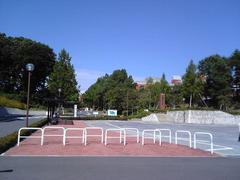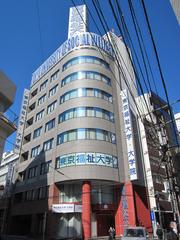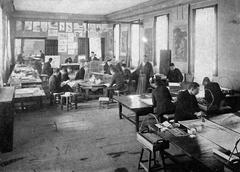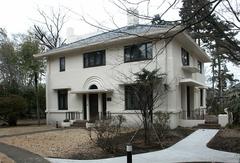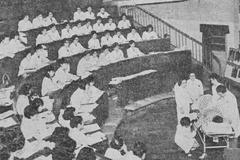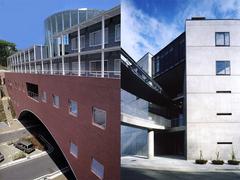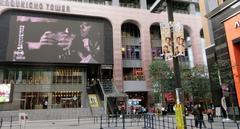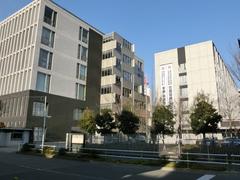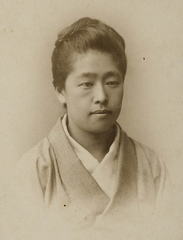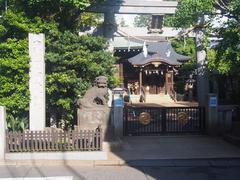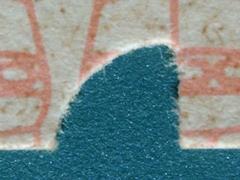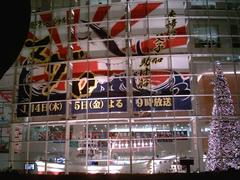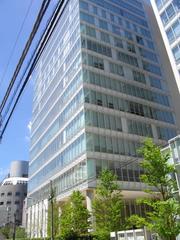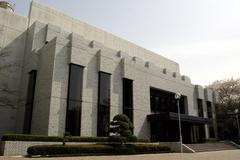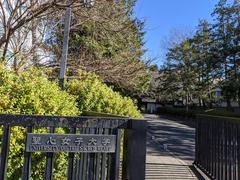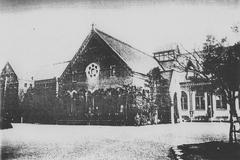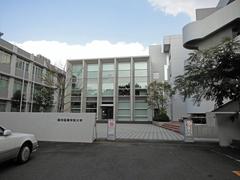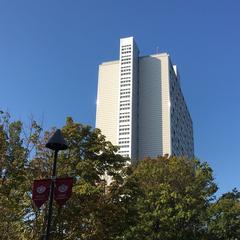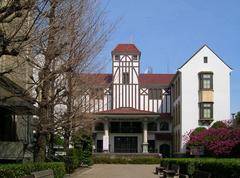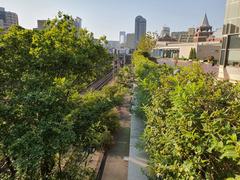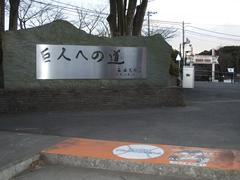
Atomi University Tokyo Visiting Hours, Tickets, and Tourist Guide
Date: 03/07/2025
Introduction: Discovering Atomi University Tokyo
Visiting Atomi University in Tokyo, Japan, is an opportunity to explore a pioneering institution at the heart of Japanese women’s education and cultural history. Founded in 1875 by the visionary artist and educator Kakei Atomi, the university has expanded from its origins as a girls’ school into a renowned private women’s university with campuses in Niiza (Saitama) and Bunkyo (Tokyo). Atomi University’s enduring legacy mirrors the transformation of Japanese society and the evolution of women’s roles, making it a compelling destination for travelers, students, and history enthusiasts (Atomi University Official; Times Higher Education).
Beyond its academic reputation, Atomi University preserves cultural treasures such as the Fugen-tei Pavilion, the Kakei Memorial Museum, and traditional Japanese gardens, offering immersive experiences during public events and open campus days (Atomi University Cultural Heritage). This guide provides detailed visitor information, tips, and insights to ensure a memorable journey through one of Tokyo’s hidden educational and cultural gems.
Table of Contents
- Introduction
- Historical Overview
- Visitor Information
- Kikuzaka Atomijuku: Historic Cultural Site
- The Fugen-tei Pavilion and University Heritage Sites
- Planning Your Visit: Tips and Resources
- References
Historical Overview
Origins and Founding Philosophy
Kakei Atomi (跡見 花渓, 1840–1926), a notable painter and educator, established the Atomi School in 1875 in Kanda, Tokyo, during the progressive Meiji era. Her mission: to blend traditional Japanese cultural values with forward-thinking education, fostering independence and intellectual growth for women (Atomi University Official; Times Higher Education).
Institutional Development and Expansion
Initially founded as a girls’ school, Atomi expanded to include middle, junior, and senior high schools, and a junior college by 1950. Achieving university status in 1965, its main campus was established in Niiza, Saitama. The Bunkyo campus in Tokyo, now the university’s headquarters, opened in 2011 (Wikipedia; Times Higher Education).
Significance in Women’s Education
Atomi University played a key role in the expansion of educational opportunities for women in Japan, particularly after World War II. The university continues to empower women through selective admissions and a range of undergraduate and graduate programs (4icu.org; Edurank).
Visitor Information: Access, Hours, and Tips
Visiting Hours
- Weekdays: 9:00 AM – 5:00 PM (most facilities and administrative offices)
- Weekends/Holidays: Limited access; check ahead for special events or closures.
Atomi University is primarily an academic institution, but visitors are welcome to explore certain areas during official open campus days and cultural events. Always check the official website or contact the university to confirm current access and restrictions.
Campus Tours
Guided tours are available during special open campus events or by prior arrangement. These tours highlight the university’s history, architecture, and cultural assets. For schedules and booking, contact the university or check the Atomi University Visiting Guide.
Admission and Tickets
- General admission: Free for campus grounds and public spaces.
- Exhibitions/Workshops: Some may require prior registration or tickets—verify details in advance via the official website.
Accessibility
Both Niiza and Bunkyo campuses are wheelchair accessible, with elevators, ramps, and accessible restrooms. Public transportation serves both campuses:
- Niiza Campus: JR Musashino Line to Niiza Station, then a short bus or taxi ride.
- Bunkyo Campus: Near Korakuen and Myogadani Stations (Tokyo Metro).
Nearby Attractions
- Bunkyo Campus: Tokyo Dome, Koishikawa Korakuen Garden, botanical gardens, and museums.
- Niiza Campus: Saitama’s parks and museums, with easy train access to central Tokyo.
Photography and Media
Photography is allowed in outdoor and public spaces. Some exhibitions or events may have restrictions; observe posted guidelines. High-quality campus images are available on the university’s website.
Kikuzaka Atomijuku: A Historic Cultural Site
Overview and Significance
Kikuzaka Atomijuku, formerly the Iseya pawnshop, is a Bunkyo Ward cultural asset preserved and managed by Atomi University. This traditional building serves as a center for community events, workshops, and the study of local history and architecture (Kikuzaka Atomijuku Information).
Visiting Hours and Tickets
- Open during scheduled events and workshops.
- Admission: Generally free for community activities; some workshops/exhibitions may require advance registration or a nominal fee.
Check the Atomi University Regional Exchange Center for current schedules.
Access and Directions
Located in Bunkyo Ward, Kikuzaka Atomijuku is easily reached via Tokyo Metro (nearest stations: Myogadani, Korakuen). Combine your visit with local museums and gardens for a complete cultural experience.
Events and Guided Tours
Special events, workshops, and guided tours are held throughout the year. For availability and advance booking, consult the Regional Exchange Center.
Visitor Tips
- Some areas may have limited accessibility due to the building’s historic structure.
- Comfortable footwear is recommended.
- Photography is generally permitted during public events, but follow any guidelines provided.
Nearby Attractions
Explore the Tokyo Dome, Koishikawa Korakuen Garden, and local museums in Bunkyo Ward to enrich your visit.
The Fugen-tei Pavilion and University Heritage Sites
The Fugen-tei Pavilion
Located on the Niiza Campus, the Fugen-tei Pavilion exemplifies traditional Japanese architecture and hosts tea ceremonies and cultural workshops. It is surrounded by seasonal gardens, making it a favorite spot during cherry blossom season.
- Visiting Hours: Open during university events and open campus days (generally 9:00 AM–5:00 PM).
- Admission: Free during these events; registration recommended for workshops/tea ceremonies (Atomi University official website).
Kakei Memorial Museum
The museum honors founder Kakei Atomi, displaying her calligraphy, paintings, and personal effects. It offers insight into the evolution of women’s education in Japan.
Campus Gardens
The Niiza Campus gardens, including the celebrated Edohigan cherry tree, are at their most beautiful in spring. The Bunkyo Campus features a rooftop garden, combining modern sustainability with traditional planting.
Visitor Information and FAQs
- Accessibility: Both campuses and heritage sites are equipped for visitors with mobility needs.
- Getting There: Niiza Campus via JR Musashino Line (Niiza Station); Bunkyo Campus via Tokyo Metro (Myogadani or Korakuen).
- Photography: Permitted in outdoor and public areas; restrictions apply in museums and classrooms.
- Best Visiting Times: Open campus events, cherry blossom season (early April), and university festivals.
Q: Are private guided tours available?
A: Private tours can be arranged through the International Affairs Office.
Q: Is the Fugen-tei Pavilion wheelchair accessible?
A: Yes, accessibility features are available.
Q: Are there entrance fees?
A: General access is free; some events may require registration.
Planning Your Visit: Tips and Resources
Before You Visit:
- Confirm current visiting hours and event schedules on the official website.
- Register in advance for guided tours or events.
- Dress modestly and observe campus etiquette, as Atomi is a women’s university.
- Combine your visit with nearby Tokyo or Saitama attractions.
On Campus:
- Cafeterias offer affordable Japanese meals.
- English-language support is available during major events.
- Amenities include restrooms, Wi-Fi, and information desks.
Travel Tips:
- Use a Suica or Pasmo card for Tokyo’s transit system (Tokyo Transport Tips).
- Respect privacy and request permission before photographing individuals.
Summary
Atomi University is a distinguished institution reflecting Japan’s progress in women’s education and cultural preservation. With its historic monuments, museums, and gardens, the university provides an engaging experience for visitors. Accessible campuses, free general admission, and proximity to Tokyo and Saitama attractions make it ideal for travelers interested in history, education, and Japanese culture (Atomi University Official; Atomi University Cultural Heritage; Kikuzaka Atomijuku).
References
- Atomi University Official, 2025, Atomi University History and Visitor Information
- Times Higher Education, 2025, Atomi University Profile
- Wikipedia, 2025, Atomi University
- 4icu.org, 2025, Atomi University Review
- Edurank, 2025, Atomi University Overview
- Atomi University Regional Exchange Center, 2025, Kikuzaka Atomijuku Visitor Information
- Study Abroad Aide, 2025, Atomi University Overview
- Study in Japan, 2025, Atomi University Faculties



